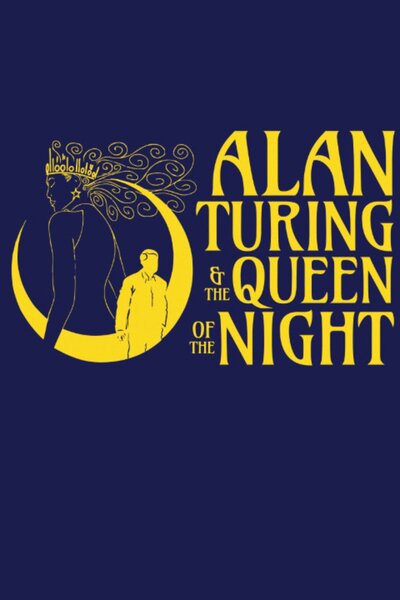Turing finds solace in opera and memory as he invents the machine to break the Enigma code.
As a young student at boarding school, Alan Turing develops a quiet affection for his classmate Christopher Morcom. When Morcom dies suddenly, Turing writes to his friend’s mother, who later invites him into her life. Their connection deepens into a long-lasting friendship, one that blurs boundaries for Turing as he begins to idealize her. Grieving and seeking guidance, he envisions Mrs. Morcom as the Queen of the Night from Mozart’s The Magic Flute, conjuring a powerful figure who fuels his imagination.
This imagined Queen becomes a companion and source of strength as Turing navigates the demands of wartime codebreaking. In the midst of World War II, while working to decipher the Nazis’ Enigma code, Turing draws inspiration from this vision—developing a machine capable of tireless computation. As he pushes the limits of logic and engineering, his efforts are underpinned by personal loss and longing. The play weaves between historical reality and operatic fantasy, tracing how memory, love, and invention intertwine in Turing’s extraordinary life.

